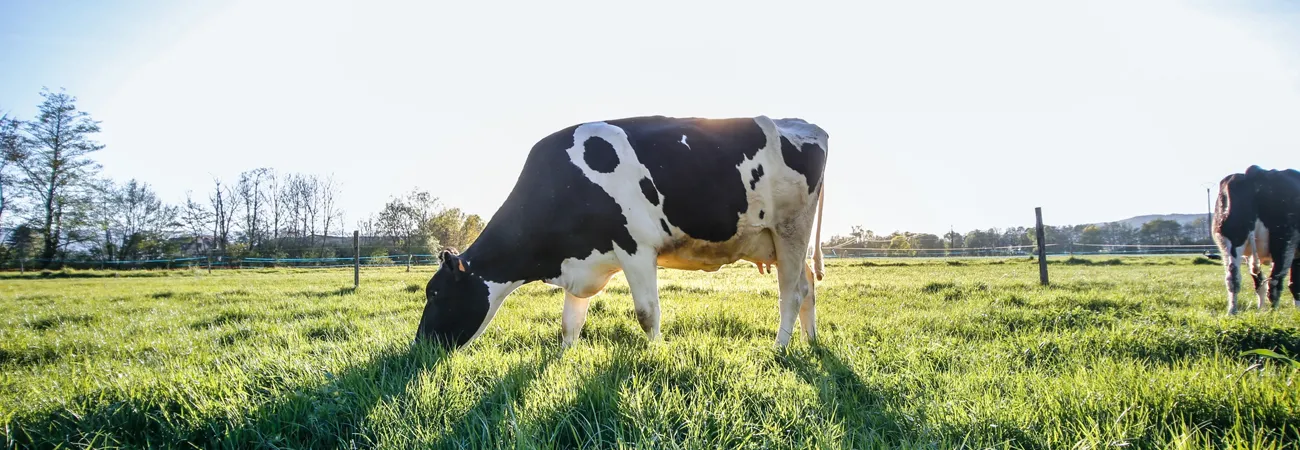i ECONOMY
Small dairy farmers in Pakistan can improve their livestock yields and agricultural sustainability by scaling up artificial insemination. “In Pakistan, where the dairy industry serves as a vital component of the agricultural economy, small-scale dairy farmers face several challenges in maximising their production. One of the most significant challenges they face is ensuring efficient breeding practices. Therefore, to tackle this, scaling up of artificial insemination (AI) programmes for small dairy farmers is necessary,” said an expert from National Agricultural Research Centre (NARC), wishing anonymity. In an interview with WealthPK, he said: “Implementing AI programmes can be an effective way to improve the genetic quality of dairy herds, increase milk production and ultimately enhance the livelihoods of farmers. However, to successfully implement these programmes on a larger scale, it is essential to have strategic planning, investment and comprehensive support mechanisms.” The agriculture expert said small dairy farmers in Pakistan face a variety of challenges when it comes to incorporating AI practices into their operations.
“These challenges include limited access to high-quality breeding services, inadequate knowledge about breeding techniques and high costs associated with AI services. Additionally, the lack of infrastructure and trained personnel further compounds these issues, particularly in rural areas, where small-scale dairy farming is most prevalent.” The NARC scientist said the dairy sector could benefit greatly from the expansion of AI programmes, which could help address challenges and promote sustainable growth. “By making AI services affordable and dependable for small-scale farmers, it becomes possible to improve the genetic potential of their cattle and ultimately increase milk production and overall productivity.” He said artificial insemination also provides a more effective method of breeding in comparison to natural mating, enabling farmers to maximise breeding cycles and minimise the gestation period. “This outcome not only increases productivity but also helps farmers to manage their resources more efficiently.”
The agri scientist said it is imperative for the government, agricultural institutes and private sector entities to collaborate and implement these strategies and ensure the success of AI initiatives for the benefit of all stakeholders involved. According to a Pakistan Business Council report on ‘Modernising the Dairy Sector’, the milk yield of Pakistan’s local breeds is about four times lower than that of the high-yielding international breeds. To improve the milk yield, dairy farmers can either import high-yielding breeds or genetically enhance the local breeds through artificial insemination. However, artificial insemination technology is not widely used in Pakistan due to a lack of animal traceability, unavailability of quality male animal germplasm and insufficient awareness. The productivity of dairy animals is also hindered by the limited access to vaccines and veterinary extension services. Even though the government has initiated programmes to improve milk yield, their effectiveness has been restricted due to their limited scale. The artificial insemination facilities provided by the government departments are also insufficient due to their low coverage. To have a significant impact on milk production, it is important to extend cross-breeding programmes throughout the country.
Credit: Independent News Pakistan









